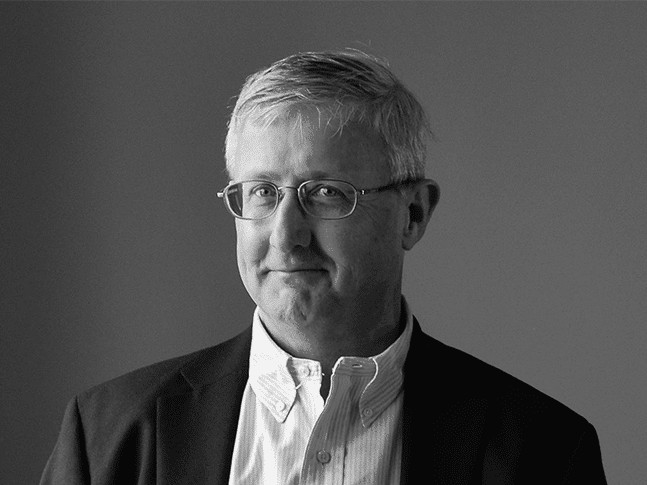G5. Do you know what that refers to?
No, it’s not a fifth-generation cell phone service. Nor am I referring to the US Department of Education’s G5 system. Both good guesses. And for those of you confusing G5 with G7, try again. G5 is something you should know about. It can, and likely will, change your life and the lives of everyone else on the planet.
I am referring to NOAA’s space weather scale. A G5 event on the Solar Radiation Storm scale would result in the following:
Satellite operations: Satellites may be rendered useless; permanent damage to solar panels possible.
Other systems: Complete blackout of HF (high frequency) communications. GPS systems rendered inoperative or inaccurate. Serious damage to electrical infrastructure.
G5 events, sometimes referred to as Carrington events, are the result of solar storms or flares. Most solar storms do not hit the earth. In the context of human lifespans, therefore, G5 events are rare. No G5 level storm has occurred since 1921, before the era of long-distance power transmission, GPS, cell phones, and computing. Don’t get too comfortable. Scientists predict that there is a 12% chance of a G5 event occurring sometime in the next decade. Their models suggest that there is nearly a 100% chance of one occurring during the next fifty years.
When a G5 event occurs expect the worst. According to the article, “Starburst,” by Kathryn Schulz in the March 4, 2024 issue of The New Yorker Magazine, the result would be catastrophic. Near immediate damage on a global scale, with recovery times measured in years. Close to half of all Americans would be without power. Losses would exceed $1-2 Trillion in the first year alone. A return to some form of normalcy would take 4-10 years.
What can one do? Why not write to your senators and congress members? Ask them how FEMA and other federal agencies are preparing for such an event. Suggest they sponsor better legislation and enforcement to ensure that power systems are updated, with improved protections and backups designed to address solar storm events.
It’s not a solution, but it’s a start.

Peter has spent the past twenty-plus years as an acting/consulting CFO for a number of small businesses in a wide range of industries. Peter’s prior experience is that of a serial entrepreneur, managing various start-up and turnaround projects. He is a co-founder of Keurig.


